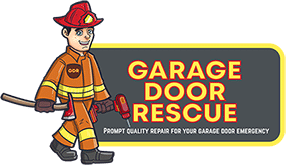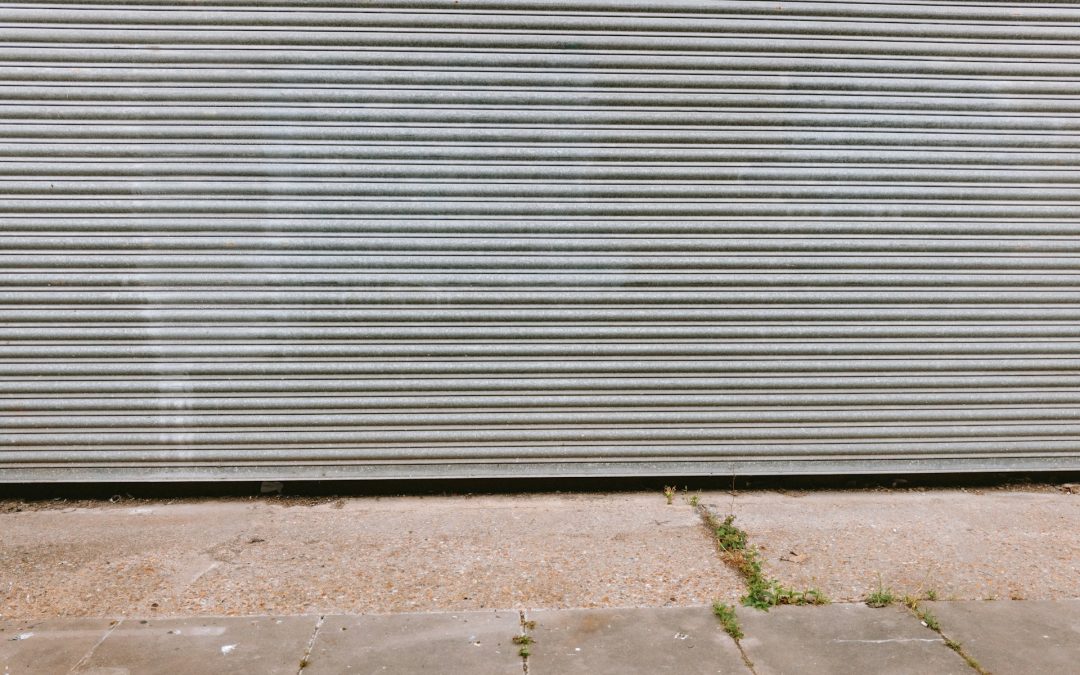Commercial doors are often overlooked until they stop working, and by then, the disruption can be a huge headache. In places like Fort Worth and Dallas, where businesses rely heavily on reliable inventory flow and secure entryways, a faulty door can throw off your entire schedule. That’s why consistent upkeep is so important. A door that slides, rolls, or lifts properly not only keeps your operations running but also supports security, energy efficiency, and safety for staff and visitors.
The idea of regular maintenance might sound like a chore, but it’s actually a smart way to prevent bigger repair costs down the line. By setting up a maintenance schedule that matches the specific needs of your door type and business operation, you can stay ahead of issues that tend to pop up with heavy use. Here’s a closer look at how smart maintenance planning can help your commercial doors work better for longer.
Understanding Commercial Door Types
The first step in setting up a useful maintenance schedule is knowing what kind of door you’re dealing with. Different commercial doors operate in different ways, and maintenance isn’t one-size-fits-all.
Some common types of commercial doors include:
1. Rolling steel doors: These are tough and space-saving, perfect for facilities that need high security.
2. Sectional doors: These are similar to residential garage doors but are built for heavier use. They use horizontal panels that lift vertically and slide along tracks.
3. High-speed fabric or metal doors: Often used in factories or cold storage areas, these are built for fast open-close cycles and thermal control.
Each of these door types has its own set of parts and mechanics. If you’re using a rolling steel door, for example, you’ll want to check the tension of the spring system often. High-speed doors need close attention to sensors and control panels since they’re more tech-heavy. One example of this is a small warehouse in Fort Worth that noticed their high-speed doors wearing out quickly until they adjusted their schedule to include weekly sensor testing and occasional motor recalibrations.
Mechanical wear shows up in different ways depending on the door. Some might drag, slam, or whine when moving. Those are signs that specific parts aren’t working right. Knowing what to expect from your door type helps you build a better habit of catching problems before they snowball.
Weekly Maintenance Tasks
Staying consistent with light weekly tasks keeps most commercial doors in good shape between professional visits. These checks don’t take much time but can help catch small problems before they become bigger ones.
Here’s a quick look at what to look out for every week:
– Do a visual check of panels, tracks, and frames. Look for signs of dents, rust, or loose hardware.
– Clear out any debris that’s building up near the door tracks or sensors.
– Make sure safety sensors are clean and free of anything blocking them.
– Listen to the door while it’s in motion. Strange noises like grinding or squeaking could point to worn parts.
– Watch the door’s speed and alignment during movement. Jerky or slow motions might mean it’s time to adjust spring tension or inspect cables.
– Check wall switches and remotes for lag or delayed response.
Spending five to ten minutes on these steps keeps the equipment in check and helps you spot early warning signs. It’s better to notice a small alignment issue now than to deal with a door stuck halfway open during busy hours.
Monthly Maintenance Routines
Alongside your weekly checks, monthly tasks provide a deeper level of care for commercial doors. These items require a bit more time and may need an extra pair of hands, but they’re just as important.
Try to focus on the following each month:
– Lubricate all moving parts, including rollers, hinges, springs, and tracks. Use the correct lubricant for your door type.
– Inspect and test door balance by disconnecting the opener and lifting the door manually. If it doesn’t hold halfway, the spring tension may need adjusting.
– Tighten loose bolts, brackets, and fasteners that may have come loose with regular use.
– Check weather seals and threshold gaskets for cracks or wear. Damaged seals can invite water and pests or cause energy loss.
– Make sure cables aren’t fraying or bunching. These are signs of stress, and they can snap if ignored.
Monthly routines bridge the gap between daily wear and long-term damage. Regular lubrication alone can add years to your rollers and tracks. The more you stay on top of these small checks, the less you’ll need to worry when something serious does go wrong.
Quarterly and Annual Maintenance
As we transition from the smaller day-to-day and monthly tasks, it’s important to pay attention to quarterly and annual maintenance too. These more intensive checks are less frequent but just as useful for the long-term health of your commercial doors in Fort Worth and Dallas.
Every three months, a few tasks should top the priority list:
– Conduct a comprehensive inspection to make sure the door operates smoothly and safely. This can involve checking the electrical system, spring tension, and other moving parts.
– Look closely at safety features like auto-reverse sensors or emergency release options. Making sure these parts function properly can help prevent accidents.
– Clean the door thoroughly, especially in areas prone to dust and grime. This not only prevents rust but also keeps the door looking clean and professional.
Once a year, it pays off to call in a professional:
– Have a trained technician perform a detailed check-up. Pros can catch warning signs that might be missed during routine checks.
– Review and update your safety protocols. This is a good time to confirm compliance with any updates in building or safety codes.
Thinking ahead to quarterly and yearly maintenance helps extend the life of your doors and makes sure they stay in line with safety expectations.
Signs Your Commercial Door Needs Repair
Even with all your routine care, some signs point to a bigger issue that needs professional help. Paying attention to these early warnings can help you avoid sudden downtime.
Here are common signs your commercial door might need repair:
– Strange sounds like grinding, rubbing, or banging when the door opens or closes.
– Trouble with complete opening or closing. If the door reverses suddenly or halts midway, something is likely off.
– Jerky movement, shaking, or hesitation during operation. These often point to balance, cable, or spring issues.
– Worn hinges, sagging tracks, cracking weatherstripping, or frayed cables. These parts support the door’s performance and safety.
Catching these early means there’s still time to act before the door becomes a hazard or liability. Fast attention can keep a minor issue from becoming a major setback.
Scheduling Professional Maintenance Services
When signs like these show up or if it’s simply time for your scheduled check-in, calling a technician is the smart move. Trained professionals bring tools, experience, and knowledge that go beyond surface-level inspections.
Benefits of having regular professional service include:
– Tools and know-how that uncover problems you might miss.
– Fewer unexpected breakdowns and last-minute disruptions.
– Trusted advice on upgrades, safety updates, and replacement needs.
– Up-to-date checks that reflect current local regulations and codes.
Of course, light inspections and cleaning tasks still have their place. But when it comes time for more detailed care, leaning on a team that does this every day gives you peace of mind.
Keep Your Commercial Doors Running Smoothly
Consistent upkeep has a serious payoff. Keeping up with weekly wipe-downs, monthly tests, and yearly tune-ups goes a long way. It helps catch loose parts, keeps systems running smoothly, and saves you big in the long term.
If your Fort Worth or Dallas facility relies on fast access, secure loading zones, or safe door operations for employees and customers, it’s well worth building a schedule that works for your setup. From sectional panels to high-speed fabric doors, every type has needs. Base your plan around those needs and your business size.
Avoiding delays and repairs isn’t about getting lucky. It’s about staying prepared. With a care routine in place, your doors will keep doing their job in the background while you focus on your business.
Keep your business on track in Fort Worth and Dallas by staying ahead of door issues before they disrupt your operations. When your system shows signs of wear or needs a routine check, trust Garage Door Rescue for reliable commercial door repair that keeps everything moving smoothly.

